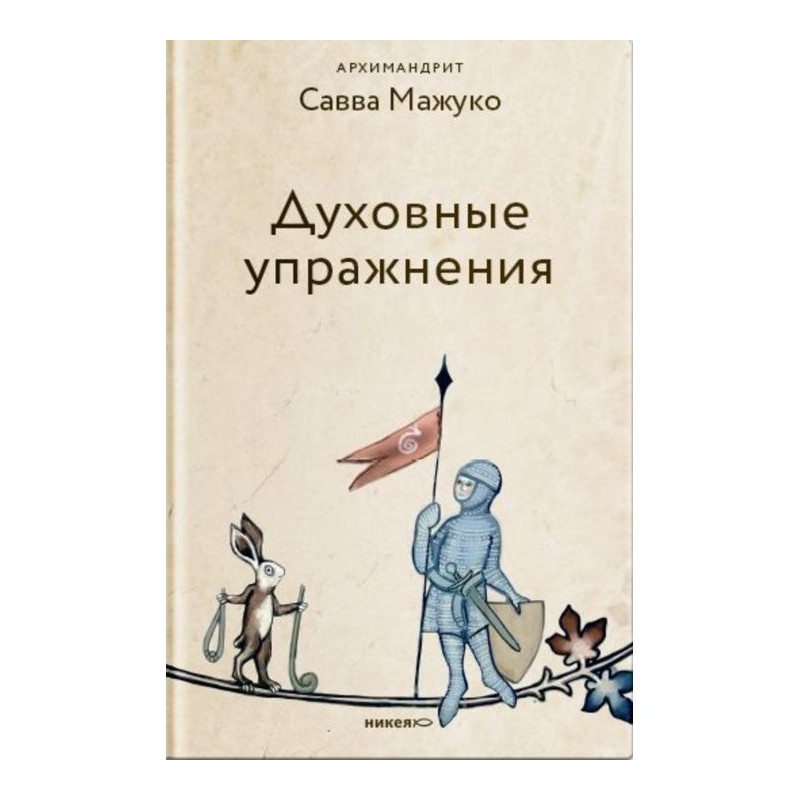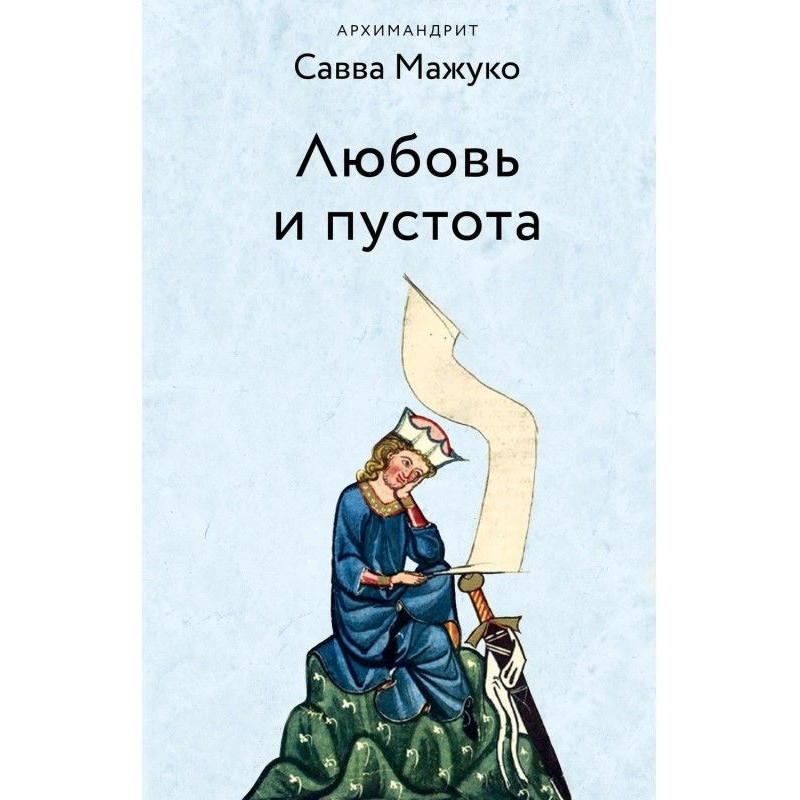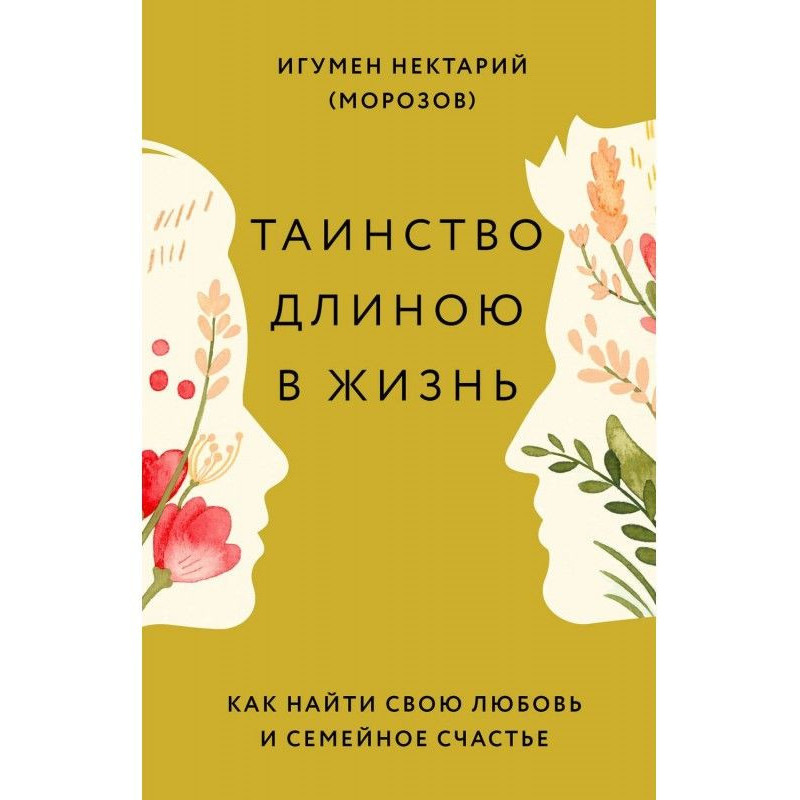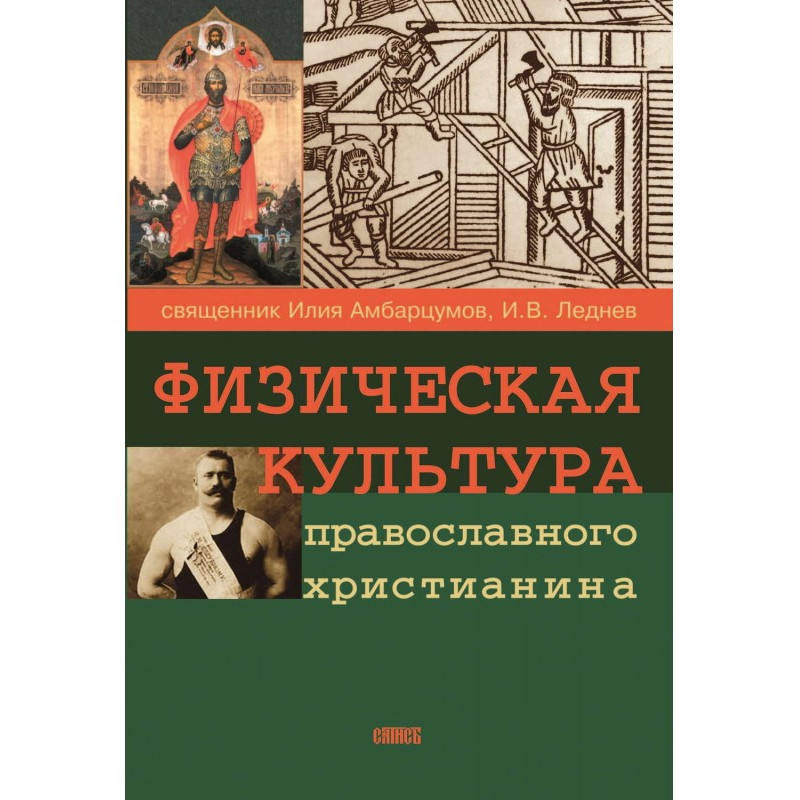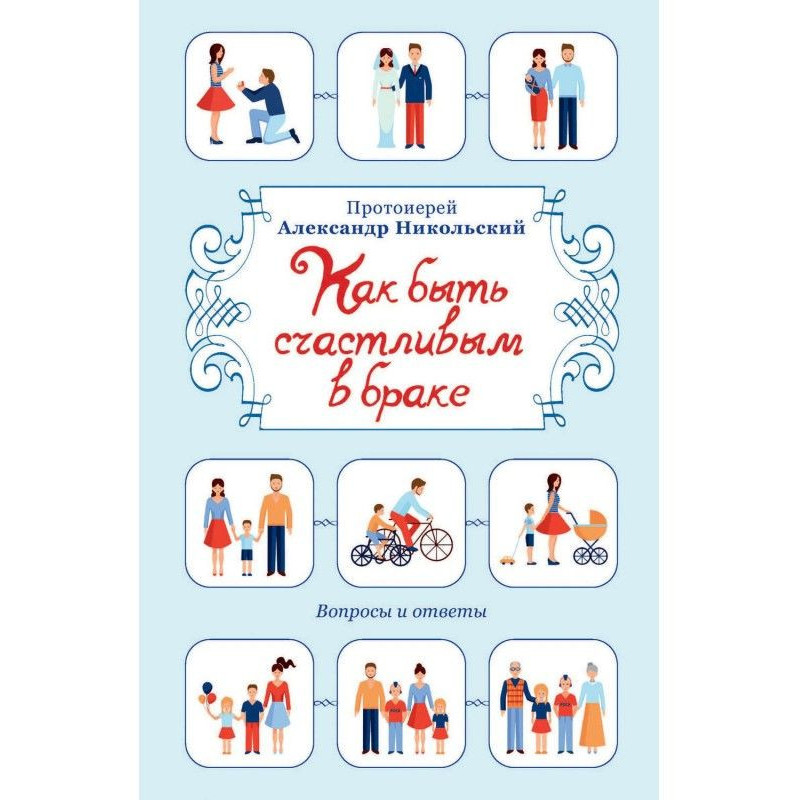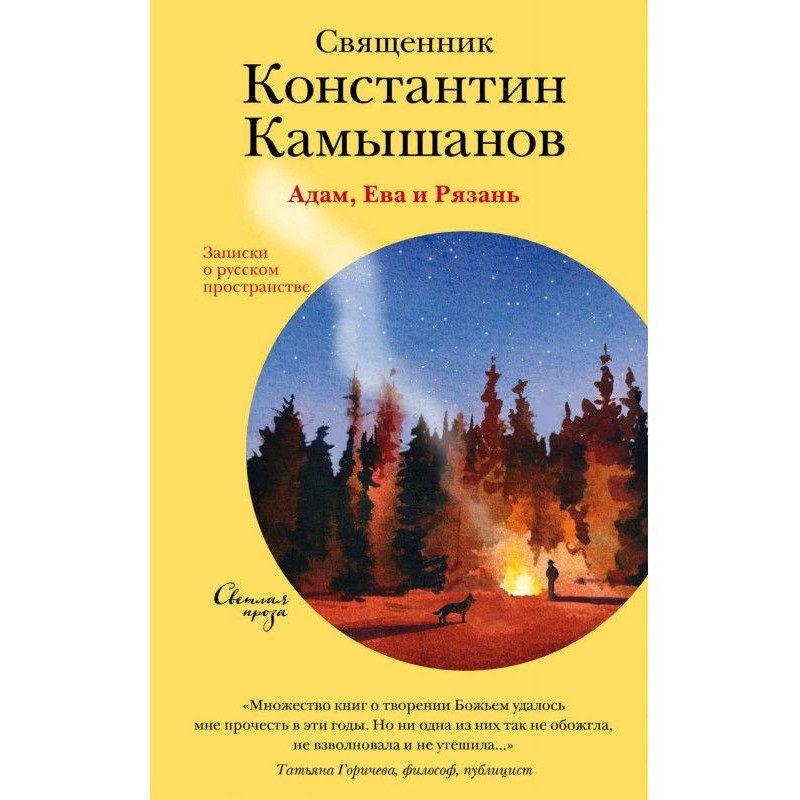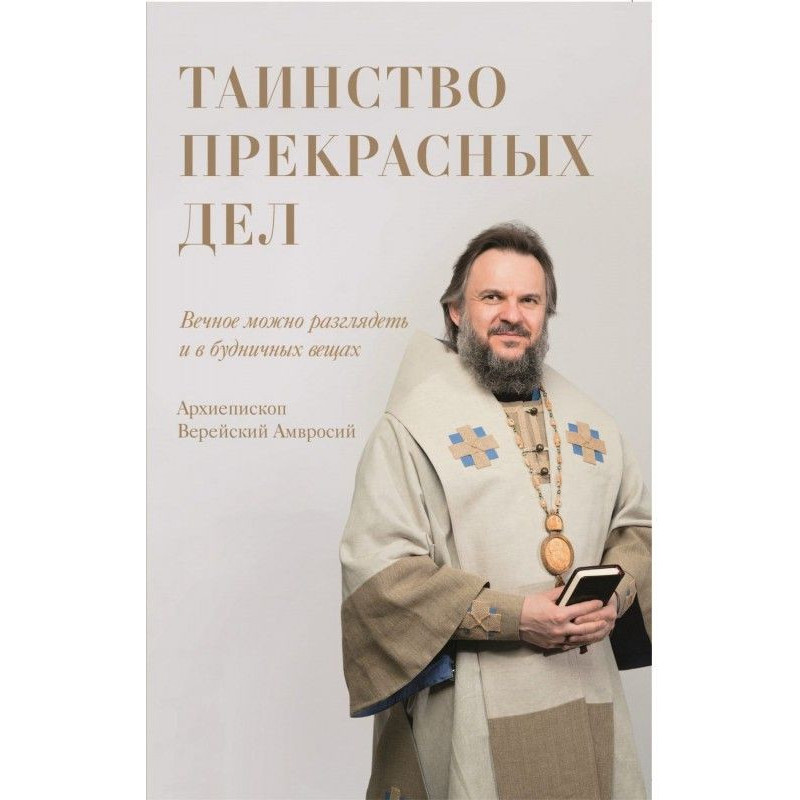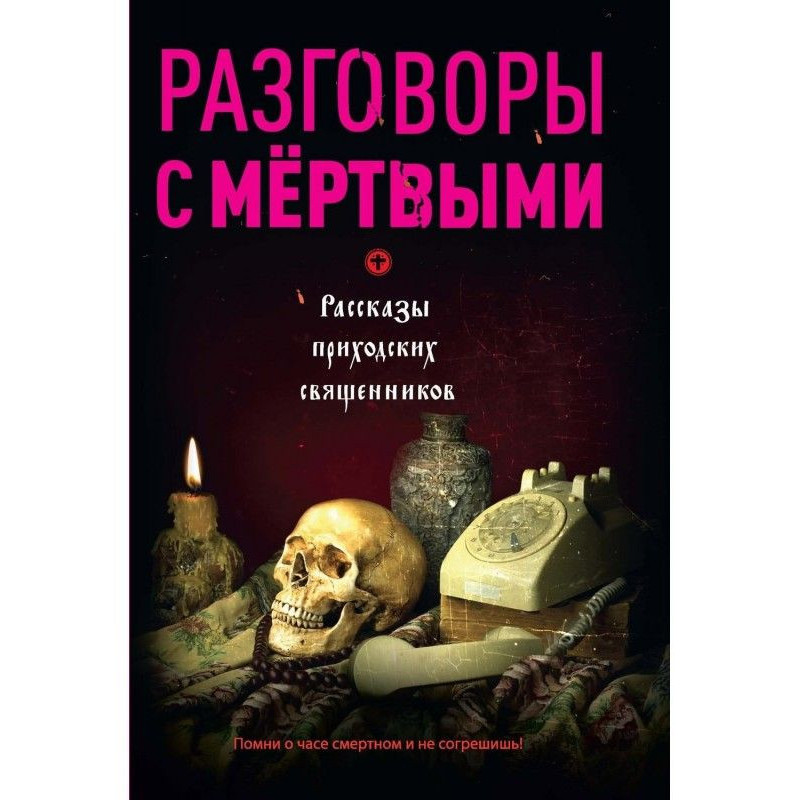Nine words
 Instant download
Instant download
after payment (24/7)
 Wide range of formats
Wide range of formats
(for all gadgets)
 Full book
Full book
(including for Apple and Android)
The book of the monk Simeon of Athos “Nine Words” includes nine chapters, each of which consists of brief teachings or definitions necessary for a person to gain insight in spiritual life, learn virtues, and achieve perfection in the Lord. Each of the nine words (about prayer, about peace, about mind, about reasoning, about obedience, about humility, about Freedom, about Salvation, about Love) consists of one hundred and fifty-three statements (sentiments). And this is no coincidence: each of the chapters is associated with a fish caught by the Apostle Peter: “Simon Peter went and pulled out a net filled with large fish, of which there were one hundred and fifty-three” (John 21:11). These “spiritual fish” should become food for the reader’s mind. Such food strengthens and spiritually delights. However, the fish must be “fried,” that is, the statements (sentiments) must be assimilated by the mind and carried out in action. The book was written as the Elder’s teaching to his disciples. After all, the Elder, when “the law of the Spirit of life in Christ Jesus freed” him “from the law of sin and death” (Rom. 8:2), cleanses the “abyss” of the mind for the disciples, filling them with the water of the Spirit, “and there will be very many fish, therefore that this water will enter there, and the waters of the sea will become healthy, and where this stream enters, everything will be alive there” (Ezek. 47.9). Life in God is freedom from the world. Sincere Freedom is oblivion of the human. Sincere oblivion of the human and transient is divine Love. “Divine Love requires extreme humiliation,” writes monk Simeon, “therefore it is difficult to achieve and sublime.” It is with the word about Love that the book of Simeon of Athos ends, since Love is boundless deification, the biggest fish in the “nets” of the mind, which is never caught, but itself catches the mind in the net of the Kingdom of Heaven (see Matthew 13.47), for if the mind “sets a net, and it itself will be caught in it” (Sir. 27. 29). When the Lord took “five loaves of bread and two fish, looked up to heaven, blessed and, breaking it, gave the loaves to the disciples, and the disciples to the people” (Matthew 14 . 19), after the meal, people collected “twelve full boxes of pieces of bread and leftovers from fish” (Mark 6.43), because “Love cannot be distributed to the end - the more you give, the more remains.” “Nine Words” is the most necessary offering to modern man, whose heart longs for a meeting with God, but always puts it off. It doesn’t matter whether this person is a monk or lives in the world - the spiritual exactingness with which the statements are imbued is intended to awaken in him a strong desire to change in God, to “die for Love in order to begin to live.”
Data sheet
- Name of the Author
- Монах Симеон Афонский
- Language
- Ukrainian
- Release date
- 2010

















